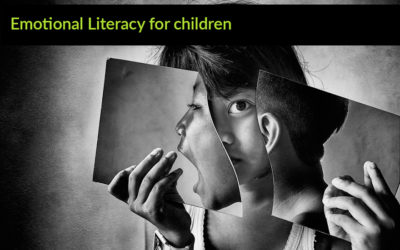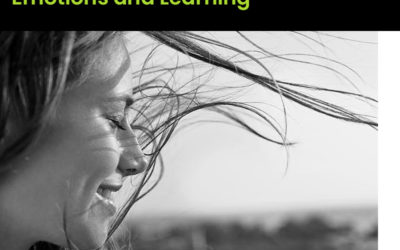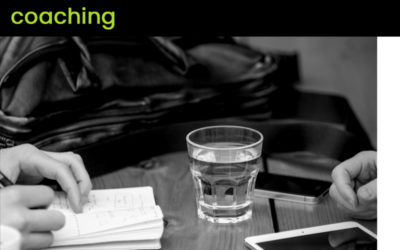Recently this email arrived from a former student and coach:
“Thanks so much for your email. I cried when I read it but, this time, the crying was good – felt nourishing.
The emotion of ‘dignity’ feels very right. I was trying to get to “hope” because I thought that that would be the emotion that would serve me, but couldn’t.
So, I have been wearing ‘dignity’ for a few hours today, and have come up with this declaration: “I will not stand idly by as people spew their ill-will and hate. I will stand up for my own legitimacy as a human being and for others. From this moment on, I stand to protect, cherish, and nourish humanity – mine, yours and everyone else’s”.
Since I connected with my dignity I have noticed that I am no longer afraid to declare that I am a Muslim. After 9/11, I kept quiet and avoided the issue as much as possible. If I disclosed, I often qualified it with a “but I not like the extremists.” I no longer feel the need to hide that part of my identity. Yes, I am still a bit scared, but not petrified, ashamed or apologetic.”
She is someone who uses emotions in her work with clients but, as you can read, is learning to apply their power to herself. For me, this letter is not just about her individual Emotions And Learning but about our collective human journey. Learning to understand and even befriend emotions is one of the most powerful things we can learn as human beings.
Dignity is not necessarily an emotion we think about on a daily basis but maybe we should. We often relate it to roles such as queens or judges or those we consider beyond ordinary like Mother Teresa. In other words, we think of it as an exceptional emotion rather than one each of us has access to. Many of my coachees are not clear what dignity is or whether they have it.
Dignity is the belief that “I am worthy and legitimate as a human being the way I am. I do not need anyone’s permission or acceptance or approval. I decide”. In the writer Viktor Frankl’s words: “When we believe we are “enough” we are experiencing dignity”.
When we set a boundary or limit in terms of how others treat us we are acting from dignity. When we stop someone from crossing those boundaries we are practicing indignance. When we say “no” we are exercising dignity. I find that often when people say they want greater self-confidence what they are actually looking for is dignity.
I remember being told when I was young to “sit up straight” and to “pull your shoulders back and hold your head up high”. At the time I thought the concern was for my posture but there is something deeper to these. Adjusting our body in these ways is consistent with producing the emotion of dignity.
In short, dignity is the emotion that allows us to set and maintain our personal boundaries. It is an essential emotion for every human and, interestingly, when we live in dignity we will also hold others in dignity. It is part of the deal.
I’m Dan Newby. I am fascinated by the role emotions play in our lives and relationships. If you are as well, contact me for a conversation. dan@schoolofemotions.world.




0 Comments